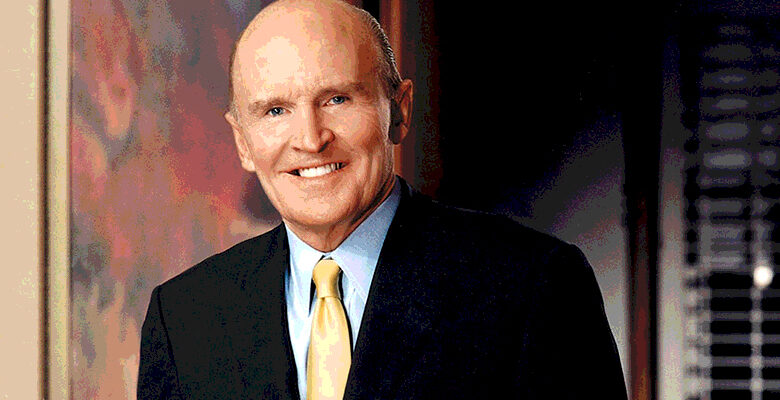From NYTimes.com:
When Jack Welch died on March 1, 2020, tributes poured in for the longtime chief executive of General Electric, whom many revered as the greatest chief executive of all time.
David Zaslav, the C.E.O. of Warner Bros. Discovery and a Welch disciple, remembered him as an almost godlike figure. “Jack set the path. He saw the whole world. He was above the whole world,” Mr. Zaslav said. “What he created at G.E. became the way companies now operate.”
Mr. Zaslav’s words were meant as unequivocal praise. During Mr. Welch’s two decades in power — from 1981 to 2001 — he turned G.E. into the most valuable company in the world, groomed a flock of protégés who went on to run major companies of their own, and set the standard by which other C.E.O.s were measured.
Yet a closer examination of the Welch legacy reveals that he was not simply the “Manager of the Century,” as Fortune magazine crowned him upon his retirement.
Rather, he exerted a powerful and lasting influence on American business, informing how workers are treated, how shareholders are rewarded and how C.E.O.s comport themselves in an increasingly divisive age. When Donald J. Trump is elected president, when Jeff Bezos argues about inflation with the White House, when Elon Musk negotiates his $44 billion deal to buy Twitter by using the poop emoji — this is the world that Jack Welch helped create.
. . .
And in the decades since Mr. Welch assumed power, the economy at large has come to resemble his skewed priorities. Wages stagnated and jobs moved overseas. C.E.O. pay went stratospheric and buybacks and dividends boomed. Factories closed and companies found ways to pay fewer taxes.
Beyond his enduring influence on the economy, Mr. Welch also redefined what it meant to be a boss, personifying an aggressive, materialistic style of management that endures to this day.
“Jack was the rock star C.E.O. of my era,” said Lynn Forester de Rothschild, one of the rare female media moguls of the 1980s. “We all thought Jack was doing everything right and that success was defined by meeting quarterly earnings to the penny.”
Read the whole story at NYTimes.com.
Or buy the book, The Man Who Broke Capitalism.

